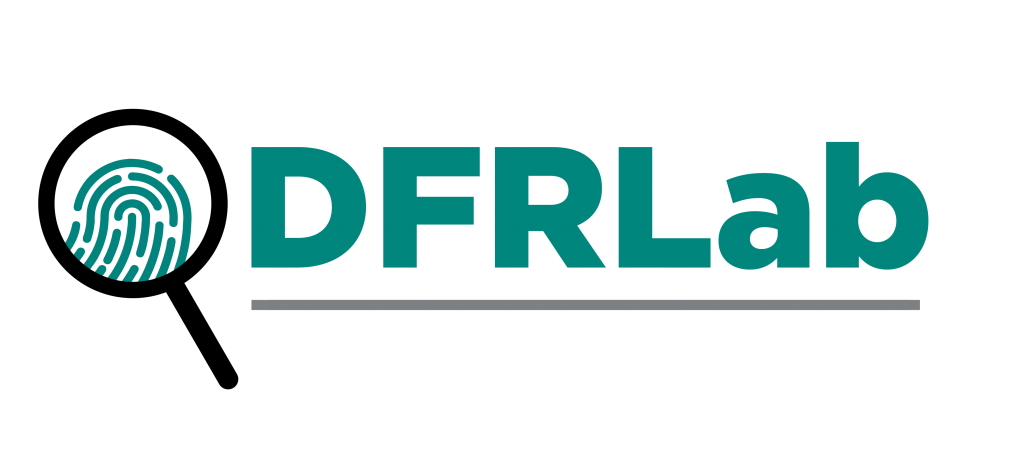Bioweapons, secret labs, and the CIA: pro-Kremlin actors blame the US for coronavirus outbreak
On January 30, as epidemiologists worked to identify the exact source of the COVID-19 outbreak, pro-Kremlin actors were already blaming the United States for supposedly using bioweapons to disseminate the virus. At the time of the DFRLab’s investigation, their efforts had gained very little traction.
The DFRLab found that fringe pro-Kremlin outlets have accused the United States of using bioweapons against China, claiming the U.S. is using economic and military tools to pressure its competitor China. Russian nationalist Member of Parliament Vladimir Zhirinovsky has also picked up these narratives, amplifying stories originating from fringe outlets and amplifying them on other channels. In addition to news outlets, small Russian YouTube channels are beginning to share videos which narrators discuss the coronavirus outbreak and link its appearance in China to the U.S. Central Intelligence Agency as well as U.S. bioweapons research. So far the spread on YouTube and VKontakte (VK) appears to be limited to relatively unknown Russian channels with little to no audience.
The practice of spreading disinformation about public health threats is nothing new. During the Cold War, a Soviet disinformation campaign blamed the United States for the AIDS virus. While Operation Infektion took years to spread, ultimately it sowed doubt regarding the origins of the AIDS virus. A similar pattern of spreading disinformation appears to be evolving alongside the current outbreak. Narratives blaming the United States for the coronavirus outbreak first appeared on fringe pro-Kremlin outlets, and are spreading to well-established Kremlin media, Russian politicians, and social media platforms including YouTube and VKontakte (VK). The mechanisms available to spread narratives quickly are much larger and faster in today’s media environment than they were during the Cold War.
Related experts

The Atlantic Council’s Digital Forensic Research Lab (DFRLab) has operationalized the study of disinformation by exposing falsehoods and fake news, documenting human rights abuses, and building digital resilience worldwide.

